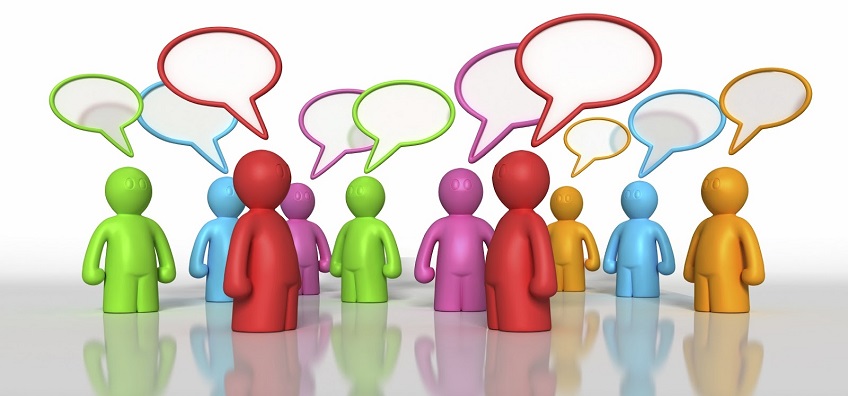“Social learning” is quite the buzzword today, isn’t it? With access to information on literally any topic, and the immediate thoughts and reactions of our friends, family, influencers, and favorite strangers all contained in a device we carry around in our back pocket – it’s a wonder we even need books anymore. (kidding of course, I’m still in the book fan club, (v. e-reader), but that’s for a different piece).
By its name, social learning may seem less important than instructional learning. The word social leads many to think “socialize,” which seems something best saved for Friday happy hour and not business. However, today’s online learning systems and social portals, like Higher Logic’s Connected Communities, are turning this whole notion on its head.
Certainly seeking insight from experts and thought leaders is important, particularly when one is looking to grow his or her knowledge base or understanding around a particular topic. However, in today’s dynamic economy, more and more it’s not what you know or do, but how you do it that can have the most substantial impact on organizational success. And this is an area where social learning can really shine.
For those of us who are not in the cognitive sciences field, it may interest you to know that social learning is a social science theory (and not just an excuse to waste a half-hour on Twitter). Social Learning Theory proposes that learning is a cognitive process that takes place in a social context, it is based upon observation and the information extracted from these observations, in particular, observing behaviors and the consequences of those behaviors.
In the business world, social learning is involved in the development of best practices and new initiatives, innovations or methods. Here, successful plans come to life after looking at what others have done, or are doing, and evaluating the consequences of those schemes – they are rarely, if ever, created in a vacuum. In the world of online learning – which, overall, is mostly populated with instructional learning – adding methods for social learning can add a significant perk for your users by providing a way to embed the facts and figures from instructional learning into the real world.
At CommPartners, we are specifically seeking to meld instructional and social learning through a collaborative with Higher Logic’s Connected Communities. CommPartners’ LMS Platform, Elevate, now allows administrators to create RSS feeds for any products housed within it for display in an association’s Higher Logic platform. This collaboration seeks to facilitate social learning around and about other education pieces by embedding the instructional learning in a place where social learning is already taking place (as opposed to the other way around). In this way, members can engage in social learning and access related e-learning products concurrently. It’s not just discussions, it’s not just expert instruction, it’s both and much more.
Eve Finstein is an Elevate Project Manager with CommPartners. She can be reached at: efinstein@commpartners.com


